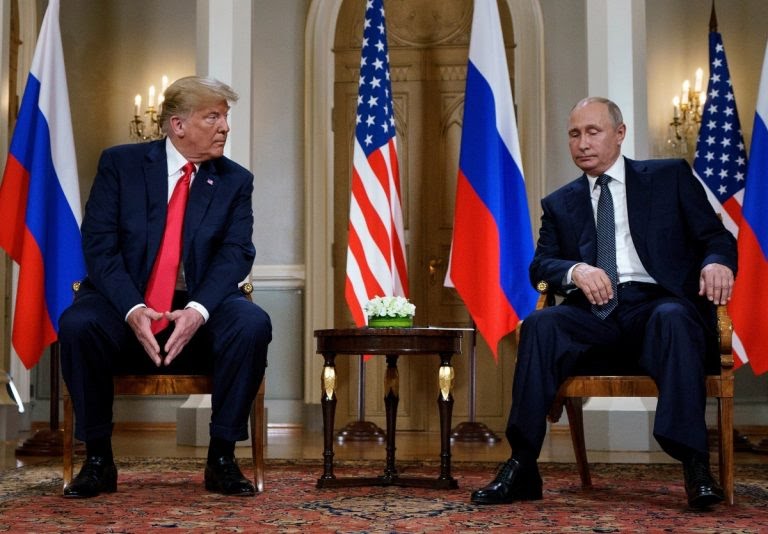
In a significant diplomatic development, Russian President Vladimir Putin has extended an invitation to U.S. President Donald Trump to visit Moscow for discussions aimed at resolving the ongoing conflict in Ukraine. This move underscores a potential shift in international efforts to address the nearly three-year-long war.
The Kremlin confirmed that Putin and Trump engaged in a 90-minute phone conversation, during which they agreed to initiate immediate negotiations. Putin emphasized the necessity of addressing the root causes of the conflict and expressed readiness to receive American officials in Russia for talks on areas of mutual interest, including a Ukraine settlement. He also supported Trump’s assertion that the time has come for the U.S. and Russia to work closely together.
Following his discussion with Putin, President Trump spoke with Ukrainian President Volodymyr Zelenskiy for about an hour. Details of their conversation remain limited, but it signifies the U.S. administration’s intent to involve Ukraine directly in the forthcoming negotiations.
In a statement on his social media platform, Trump described his call with Putin as “lengthy and highly productive.” He announced plans to have their respective teams start negotiations immediately and mentioned his intention to inform President Zelenskiy of the conversation. Trump has appointed Secretary of State Marco Rubio, CIA Director John Ratcliffe, and other top officials to lead the negotiations, expressing strong confidence in their potential success.
However, the U.S. administration has signaled a departure from previous policy stances. Defense Secretary Pete Hegseth stated that it is unrealistic to expect Ukraine to regain territory lost to Russia, including Crimea, which was annexed in 2014. He emphasized that pursuing this goal would only prolong the war and cause more suffering. Hegseth also dismissed the prospect of Ukraine joining NATO, highlighting the U.S. focus on its own borders and the threat posed by China.
These developments have elicited mixed reactions. Critics argue that this approach may reward Russian aggression and undermine Ukraine’s sovereignty. Conversely, supporters view it as a pragmatic strategy to end a protracted conflict that has resulted in significant loss of life and economic strain.
The U.S. has invested over $180 billion in supporting Ukraine since the war’s onset. As negotiations are set to commence, the international community watches closely, hopeful for a resolution that ensures lasting peace and stability in the region.

GIPHY App Key not set. Please check settings